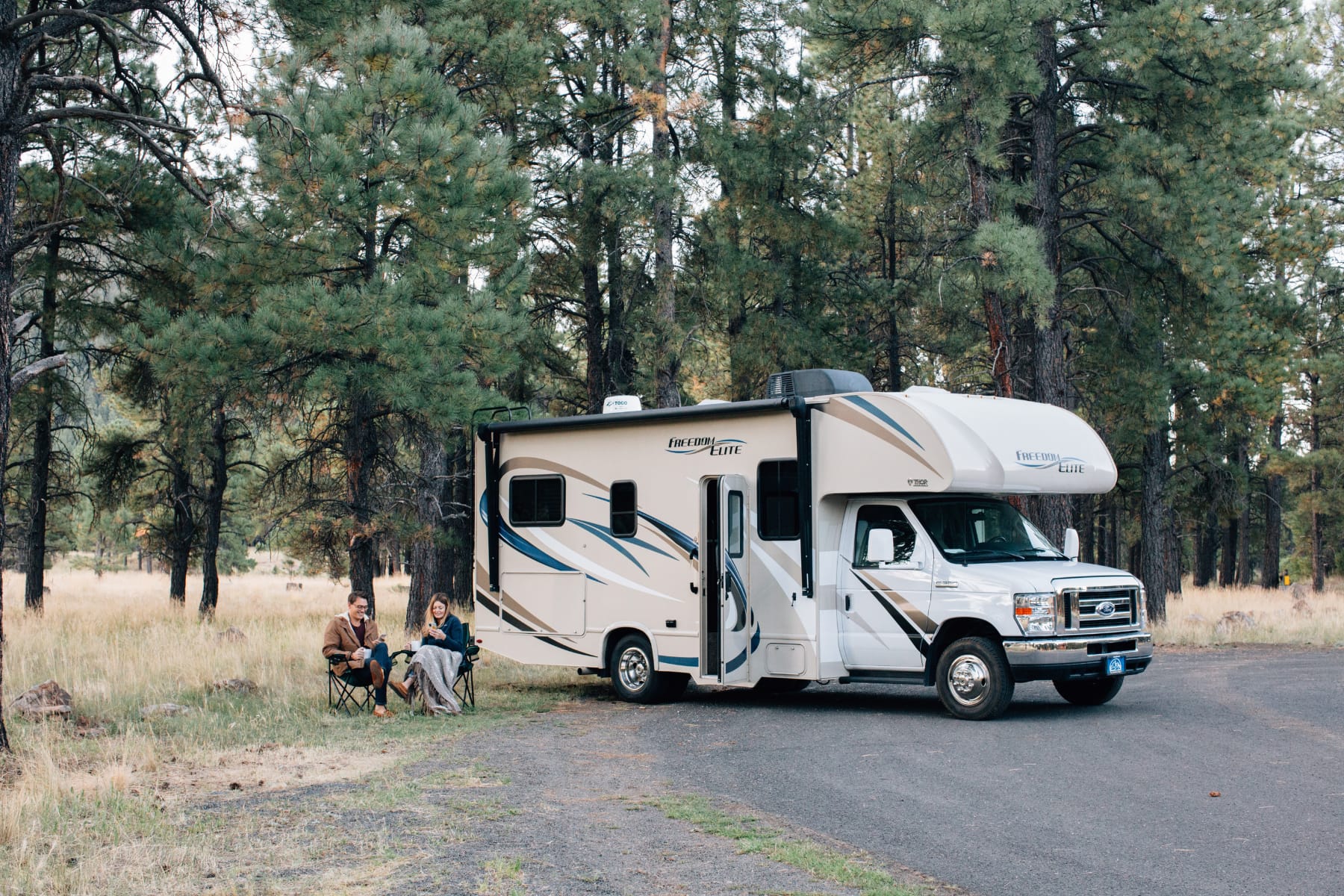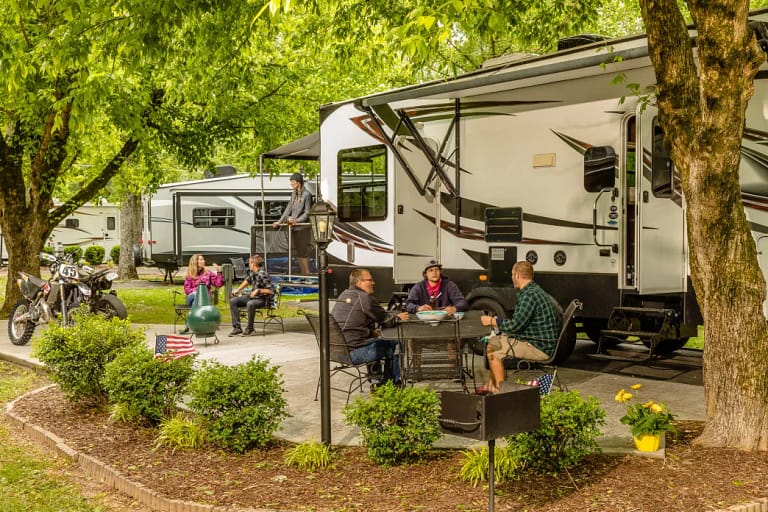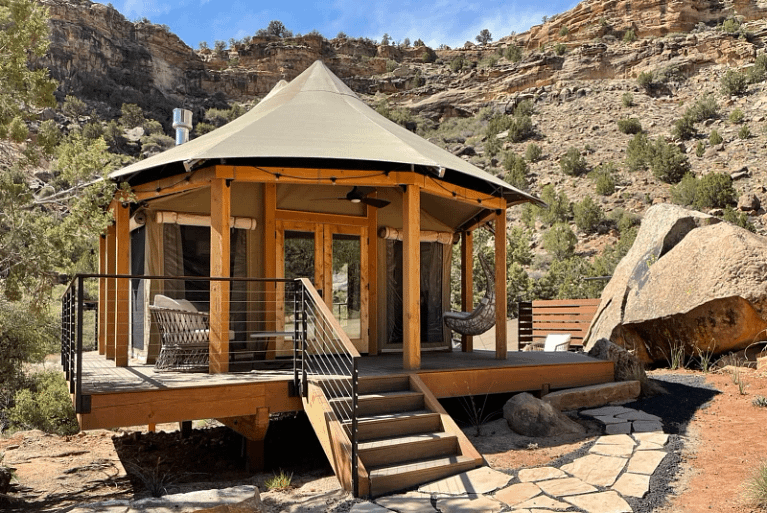One of the most crucial components to maintain is the battery when owning and enjoying an RV. Proper battery maintenance ensures uninterrupted power supply for various systems and appliances and contributes significantly to your RV’s overall longevity and performance. In this article, we will explore the essential practices to maintain your RV batteries, understanding their types, capacity, and lifespan. We will delve into charging techniques, storage tips, troubleshooting common issues, and even discuss upgrading options for better battery performance. By implementing these strategies, you can ensure sustainable battery care and extend the lifespan of your RV batteries, providing you with many memorable and trouble-free adventures on the road.
In this article:
Toggle- Understanding RV Batteries: Types, Capacity, and Lifespan
- Essential Battery Maintenance Practices for Prolonged Longevity.
- Proper Charging Techniques: Maximizing Battery Efficiency
- Storing Your RV Batteries: Tips for Off-Season or Long-Term Storage
- Troubleshooting Common Battery Issues and Solutions
- Upgrading Your RV Batteries: Exploring New Technologies and Options
- Charged Up and Ready for an RV trip?
Understanding RV Batteries: Types, Capacity, and Lifespan
RV batteries come in all shapes and sizes, just like the souls you’ll encounter at campgrounds. The most common types are lead-acid batteries, categorized into flooded, gel, and AGM (Absorbent Glass Mat). Each type has pros and cons, so choosing the one that suits your needs and budget is essential.
Understanding battery capacity and its relation to longevity
Battery capacity refers to the amount of energy a battery can store. Think of it as the size of your gas tank. The higher the capacity, the longer your batteries will last before recharging. It’s like having a bigger gas tank on a road trip – you can go further without stopping for a refill. So, if you’re planning on extended adventures, consider investing in batteries with a higher capacity.
Estimating the average lifespan of RV batteries
Ah, the age-old question: “How long will my batteries last?” Well, it depends. RV batteries can have a lifespan of anywhere from 3 to 7 years, depending on factors like usage, maintenance, and the alignment of the stars. Okay, maybe not that last one, but you get the idea. With proper care and some luck, you can squeeze out every ounce of juice from your batteries before they call it quits.
Essential Battery Maintenance Practices for Prolonged Longevity.

Checking and maintaining proper fluid levels
Batteries get thirsty, too, you know. If needed, check the fluid levels regularly and top them up with distilled water. Be careful not to overfill because nobody likes a bloated and uncomfortable battery. Keep those levels in check, and your batteries will thank you.
Implementing appropriate temperature control measures
Batteries are sensitive creatures, just like that one friend who’s always complaining about the room being too cold or too hot. Extreme temperatures can affect the performance and lifespan of your batteries. So, please keep them in a temperature-controlled environment, away from the scorching sun or icy chills. Your batteries will thank you by staying charged and ready for action.
Proper Charging Techniques: Maximizing Battery Efficiency
Understanding the different charging methods for RV batteries
Charging your batteries is like feeding them a delicious meal. You can use different charging methods, such as constant voltage charging or trickle charging, depending on the type and condition of your batteries. It’s like choosing between a fancy gourmet dinner or a quick snack. Either way, your batteries will get the energy they need to keep going.
Setting up a suitable charging system for optimal battery performance
A good charging system is like having a personal trainer for your batteries. It keeps them in top shape and prevents them from getting lazy. Invest in a quality charger that matches the type and capacity of your batteries. It’s like finding the perfect workout routine for your batteries to maximize their performance and longevity.
Charging best practices to avoid overcharging or undercharging
Nobody likes an overcharged battery, just like nobody likes an overcooked steak. Overcharging can lead to battery damage and a shortened lifespan. On the other hand, undercharging can leave your batteries feeling weak and drained. So, follow the recommended charging procedures and avoid any battery meltdowns. Your batteries will thank you for keeping the lights on when you need them the most.
Storing Your RV Batteries: Tips for Off-Season or Long-Term Storage

When it’s time to bid farewell to your trusty RV and embrace the off-season or a more extended period of inactivity, don’t forget about your batteries. Properly storing them will ensure they stay in tip-top shape when you’re ready to hit the road again. Start by preparing the batteries for storage, giving them a good clean, and removing any corrosion. Next, choose a storage location that is cool, dry, and well-ventilated. Avoid extreme temperatures and direct sunlight, as they can wreak havoc on your batteries. Lastly, during those extended periods of inactivity, keep your batteries charged. You can use a battery maintainer or trickle charger to help avoid any unpleasant surprises when you’re ready to get back on the road.
Troubleshooting Common Battery Issues and Solutions
Start by identifying common battery problems, such as weak or dead batteries, slow cranking, or a battery that won’t hold a charge. Once you’ve identified the issue, it’s time for some detective work. Diagnose the problem by performing some tests and analyzing the results. This could involve measuring the voltage, checking for loose connections, or consulting a battery expert. This information allows you to implement effective solutions, including cleaning dirty terminals, replacing damaged cables, or jumping the battery. Remember, troubleshooting can go a long way in keeping your batteries happy and your RV adventures on track.
Upgrading Your RV Batteries: Exploring New Technologies and Options
Sometimes, it’s time to say goodbye to your old batteries and give your RV a fresh start. As technology advances, so do our options for batteries. Take a moment to evaluate the latest advancements in RV battery technology. From lithium-ion to AGM batteries, there are new options that can offer improved longevity and performance. Consider weight, charging capabilities, and lifespan when choosing the right battery upgrade. Upgrading your RV batteries can have many benefits, including increased capacity, faster recharging times, and longer overall lifespan. Of course, weighing the cost and any necessary modifications to your current setup is essential. But with a bit of research and excitement, upgrading your batteries can be a step towards a more fulfilling and long-lasting RV journey.
Charged Up and Ready for an RV trip?
That’s great cuz so are we! In fact, we have compiled a huge inventory of RV Sites all across the United States into one easily searchable database. It’s now so easy to find the best site for you based on your own criteria. Don’t wait for you batteries to get drained book your trip today at www.bookoutdoors.com.









